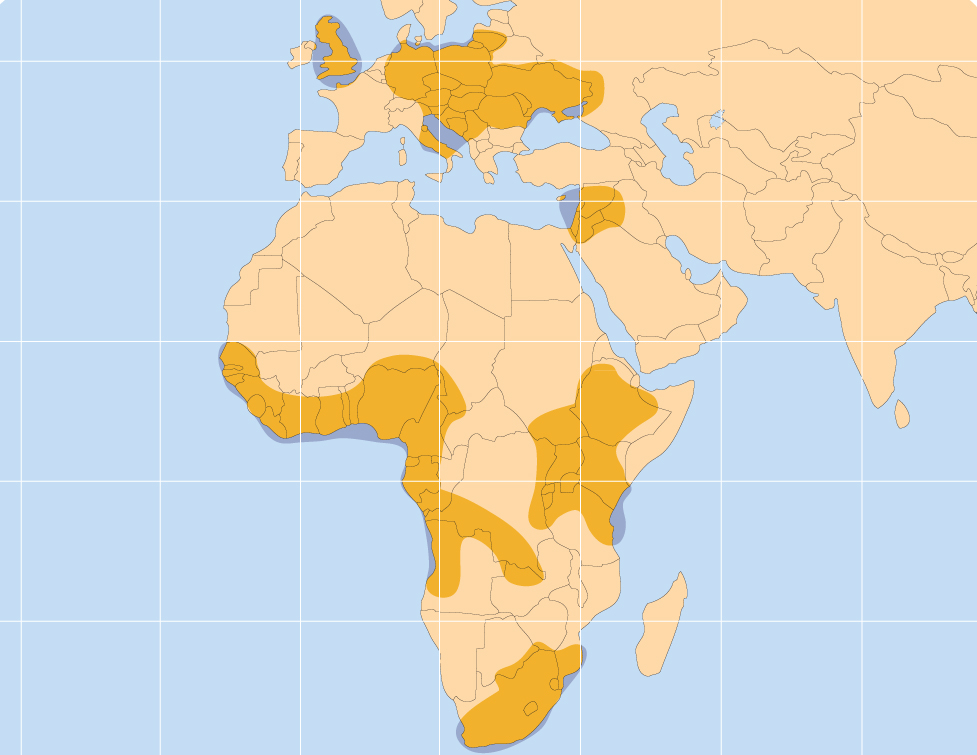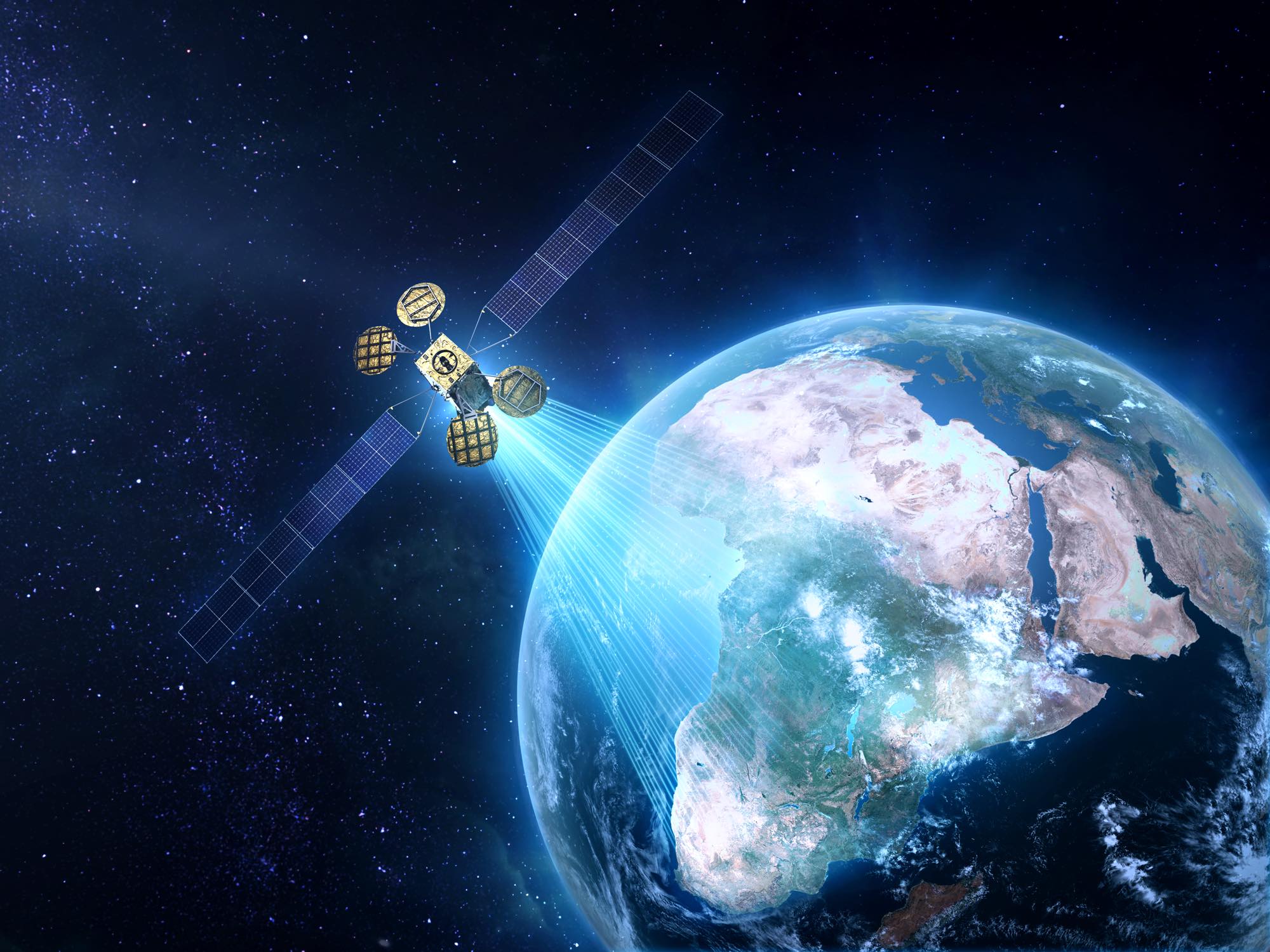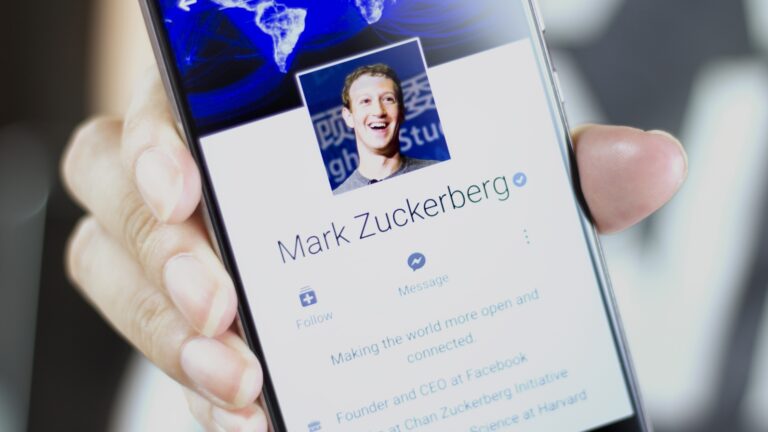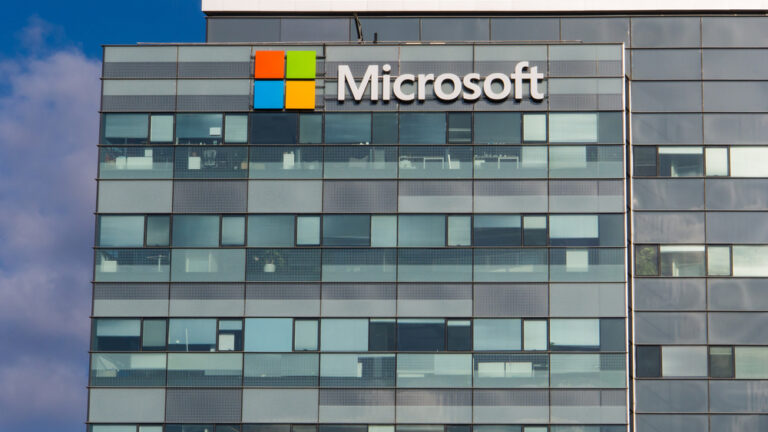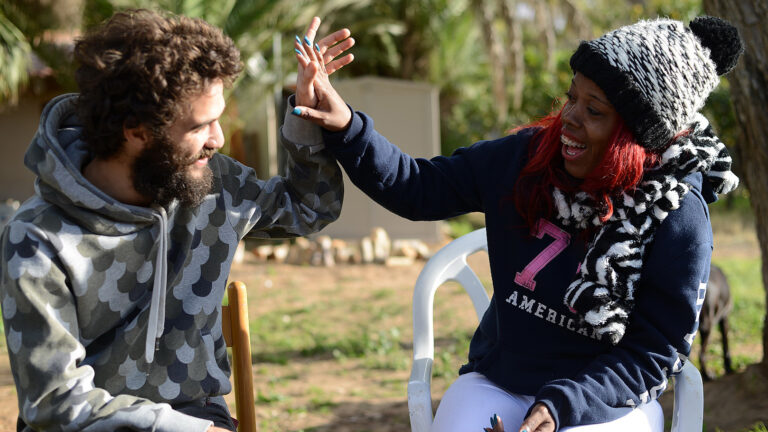On a mission to connect the world to the internet, Facebook founder Mark Zuckerberg has announced that an Israeli-made satellite is one of the key proponents to making this happen. Zuckerberg said Facebook, in collaboration with France’s Eutelsat Communications, will launch the AMOS-6 in 2016 to deliver internet from space.
The AMOS-6 satellite is built by Israel Aerospace Industries (IAI). Facebook and Eutelsat will lease the AMOS-6 satellite from Israeli global satellite services provider Spacecom, the operator of the AMOS satellite fleet.
“We are making this deal prior to launching the satellite. It’s not bad to go into space when much of your capacity is sold.”
“As part of our Internet.org efforts to connect the world, we’re partnering with Eutelsat to launch a satellite into orbit that will connect millions of people,” Zuckerberg writes in a post on his Facebook page. “Over the last year Facebook has been exploring ways to use aircraft and satellites to beam internet access down into communities from the sky. To connect people living in remote regions, traditional connectivity infrastructure is often difficult and inefficient, so we need to invent new technologies.”
AMOS-6 includes three Ku-Band beams covering the Middle East, Central East Europe and Pan-Europe alongside 36 Ka-band spot beams over Africa and Europe. It will be the satellite backbone for this new initiative that will leverage satellite technologies to increase the number of African citizens online.
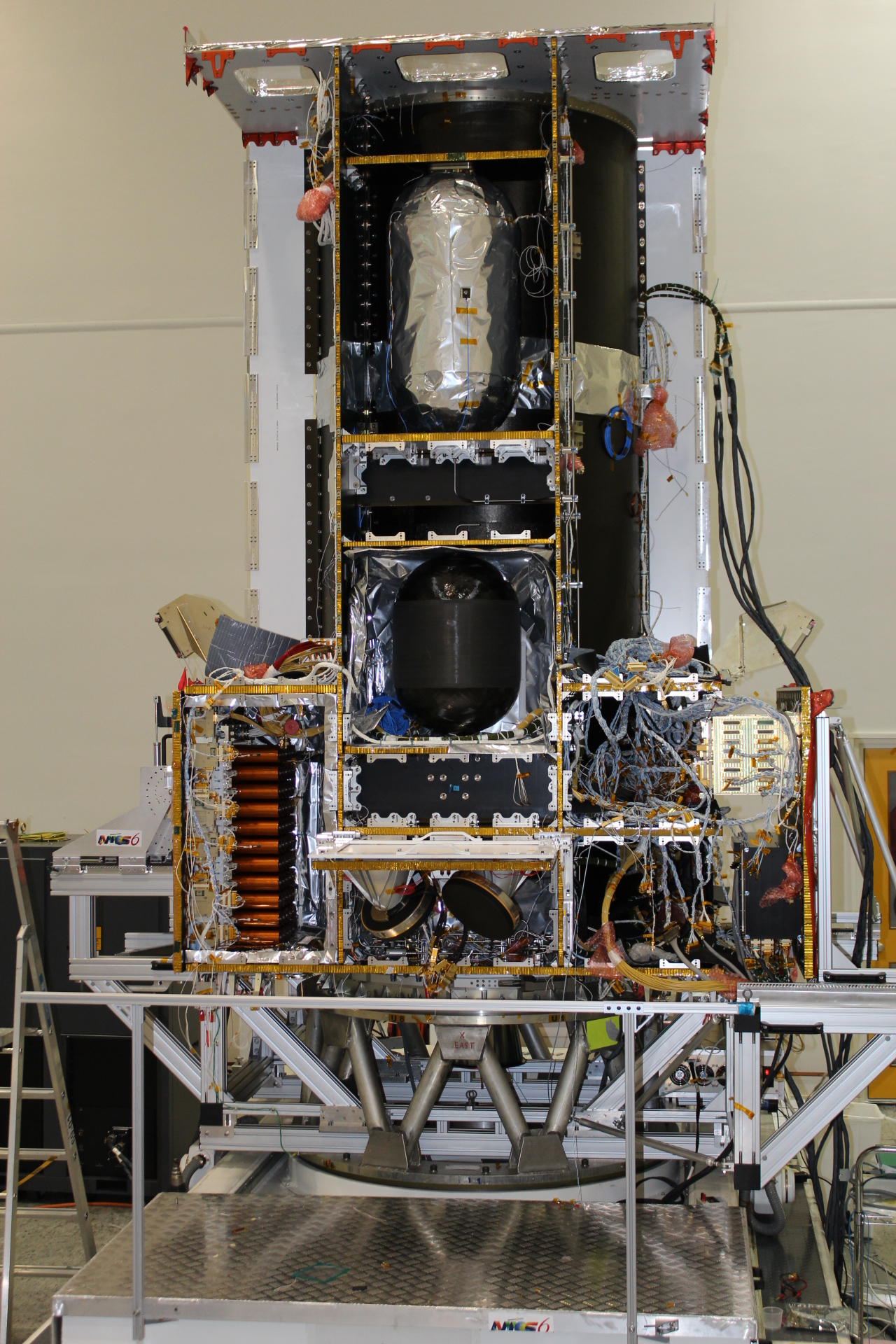
“Eutelsat and Facebook’s selection of AMOS-6 for the initiation of this new platform provide further evidence of the quality of AMOS-6 and a statement of confidence in Spacecom. We are looking forward and proud to take part in contributing to the success of this tremendous venture,” said David Pollack, Spacecom’s president and CEO.
The Facebook/Eutelsat-Spacecom deal garnered worldwide headlines.
Omri Arnon, VP Business Development at Spacecom, tells ISRAEL21c that the deal is extraordinary not only because of the global companies involved but also thanks to the satellite payload capabilities.
Arnon impresses that his company’s forward thinking made Spacecom the only true choice for Facebook to succeed in its Internet.org plan to bring free Internet services to poor and rural areas of the world.
“We’re the first coming into Africa with this type of a payload,” Arnon tells ISRAEL21c. “When we started designing this satellite five or six years ago we were fortunate to see where the market is going and go to cover Africa. What is special about this satellite is that each beam has a lot of capacity and we have 36 beams, out of which 24 can be operated simultaneously.”
The design for AMOS-6 was initiated far before Facebook/Eutelsat even thought about using this satellite. But there’s no doubt that the Israeli company scored a coup by signing a massive five-year communications deal with the American and French corporations even before launching the satellite.
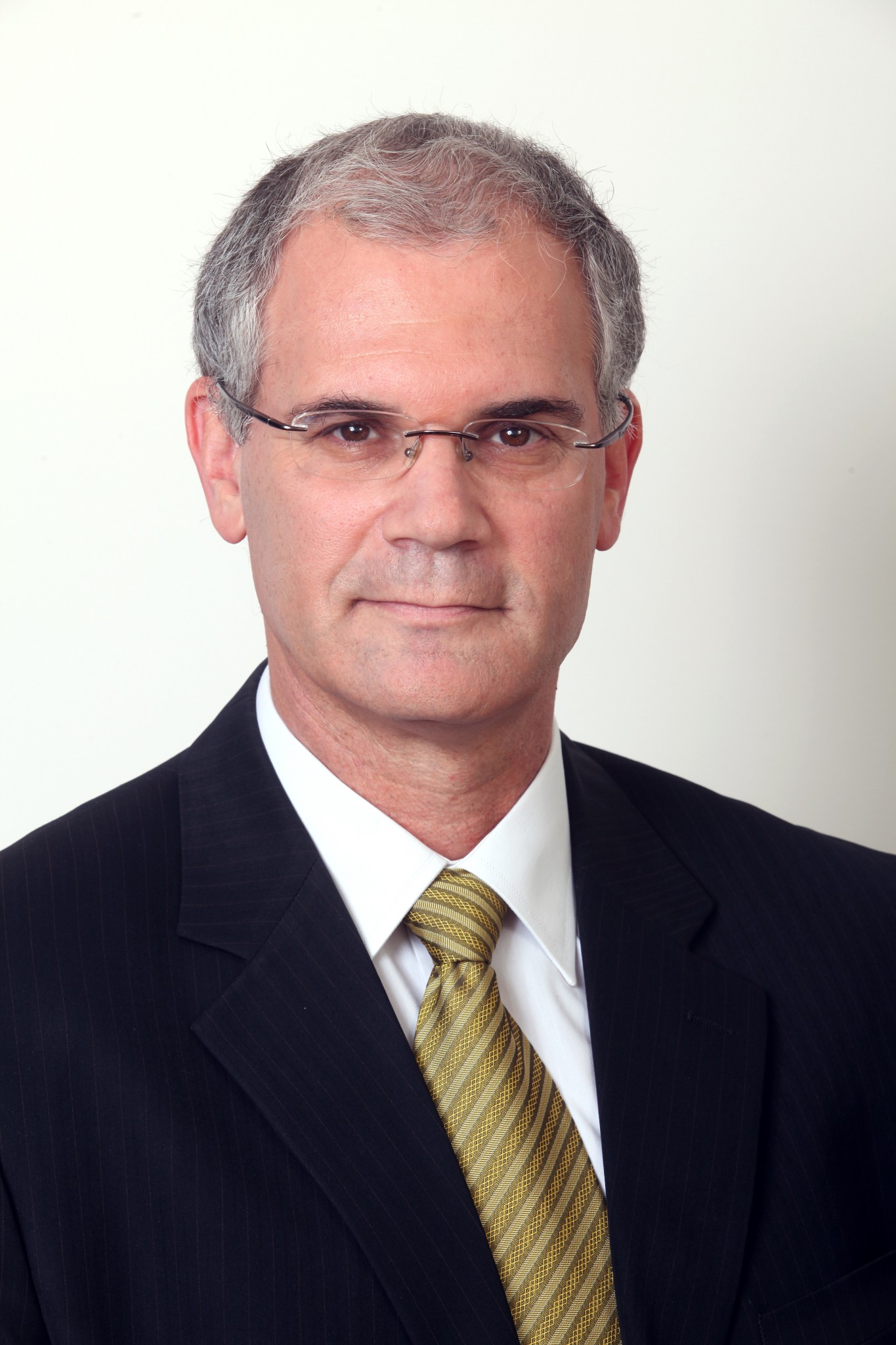
“We are making this deal prior to launching the satellite. It’s not bad to go into space when much of your capacity is sold,” Arnon tells ISRAEL21c, noting the negotiations with Facebook/Eutelsat took about nine months.
Leading edge satellite technologies
Spacecom was founded in 1994 and launched its first geostationary satellite – AMOS-1 in 1996. Today, the company operates the AMOS communications satellite fleet and is considered a market leader in Europe, Israel and the Middle East, with a growing footprint in Africa, North America and Asia.
Arnon says the high profile Facebook/Eutelsat deal with the Spacecom satellite services provider adds to Israel’s impressive reputation as a developer of the latest satellite technologies.
“The IAI is known for its quality in manufacturing satellites. The AMOS-6 has the leading edge of satellite technology today, it is very well designed,” he says.
Facebook’s CEO Zuckerberg writes in his post that the $200 million, five-ton Israeli satellite (now under construction) will launch into a geostationary orbit that will cover large parts of West, East and Southern Africa.
“We’re going to work with local partners across these regions to help communities begin accessing internet services provided through satellite. Connectivity changes lives and communities. We’re going to keep working to connect the entire world — even if that means looking beyond our planet,” Zuckerberg writes.
While Facebook plans to beam the internet down from space, Eutelsat will reportedly use it to expand its paid broadband connections in the area. According to a Spacecom statement, satellite networks are well-suited to economically connecting people in low to medium density population areas.
“Every satellite project is a huge investment,” says Arnon, noting the growth in the market takes time but is steady and confident. “We have quite a few deals in our pipeline.”
